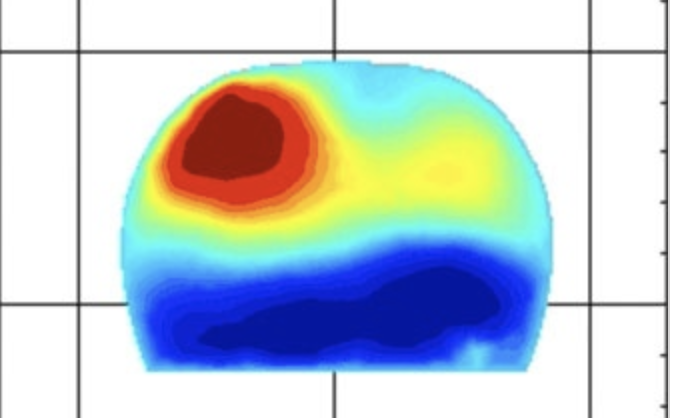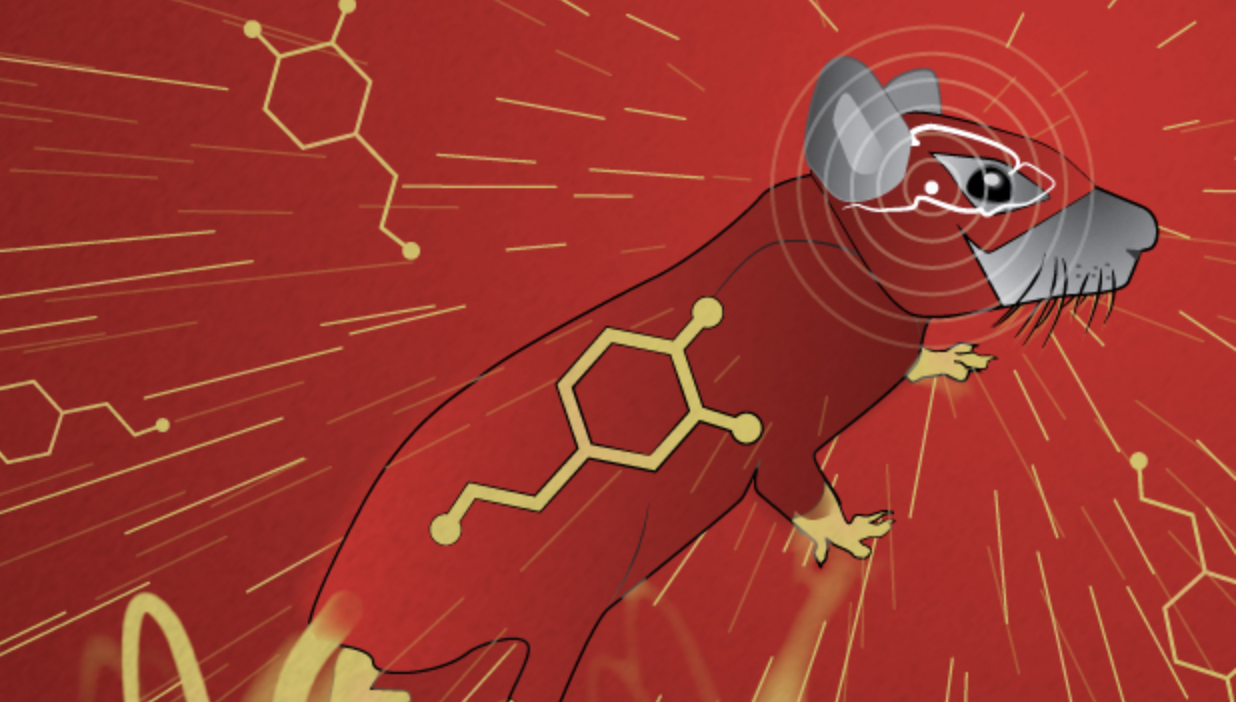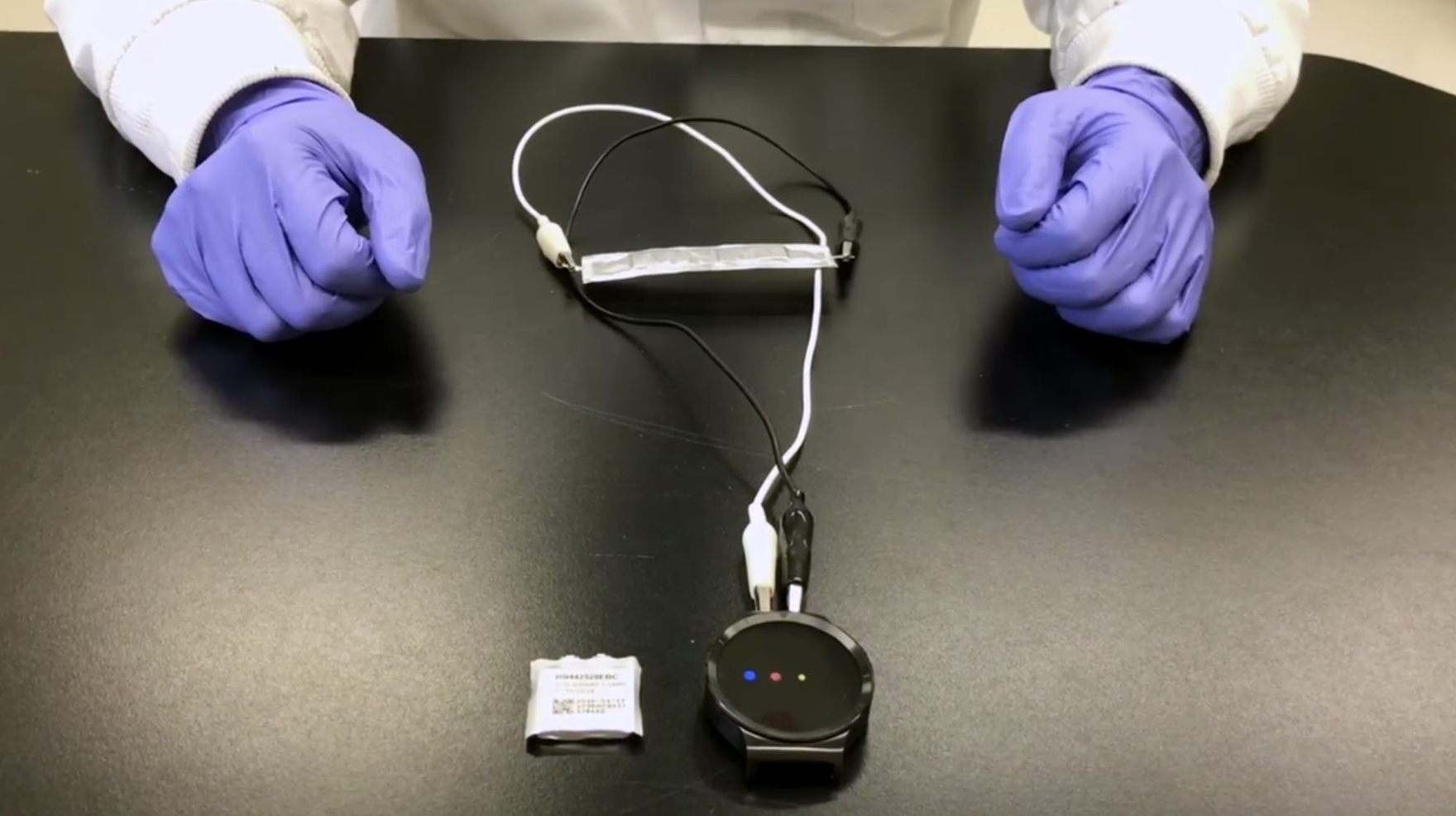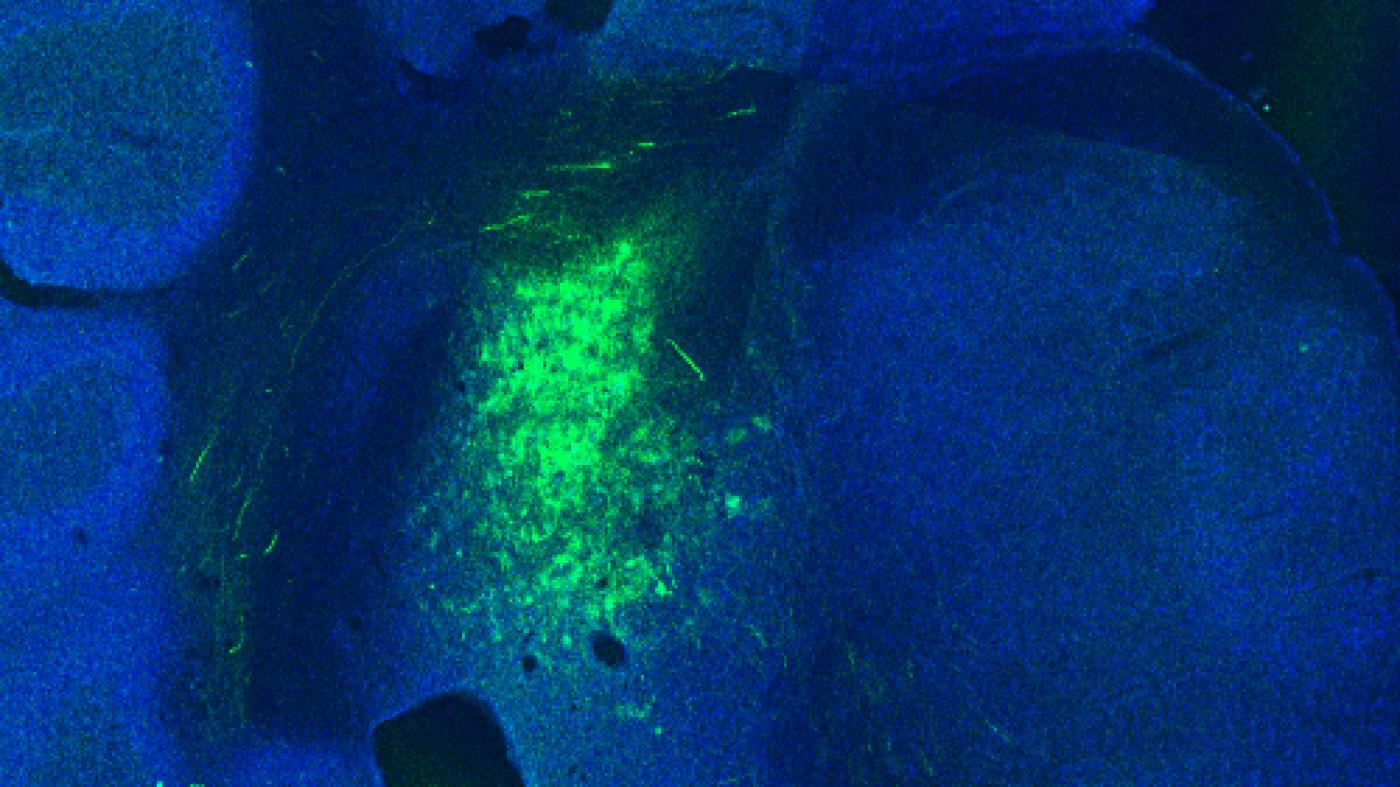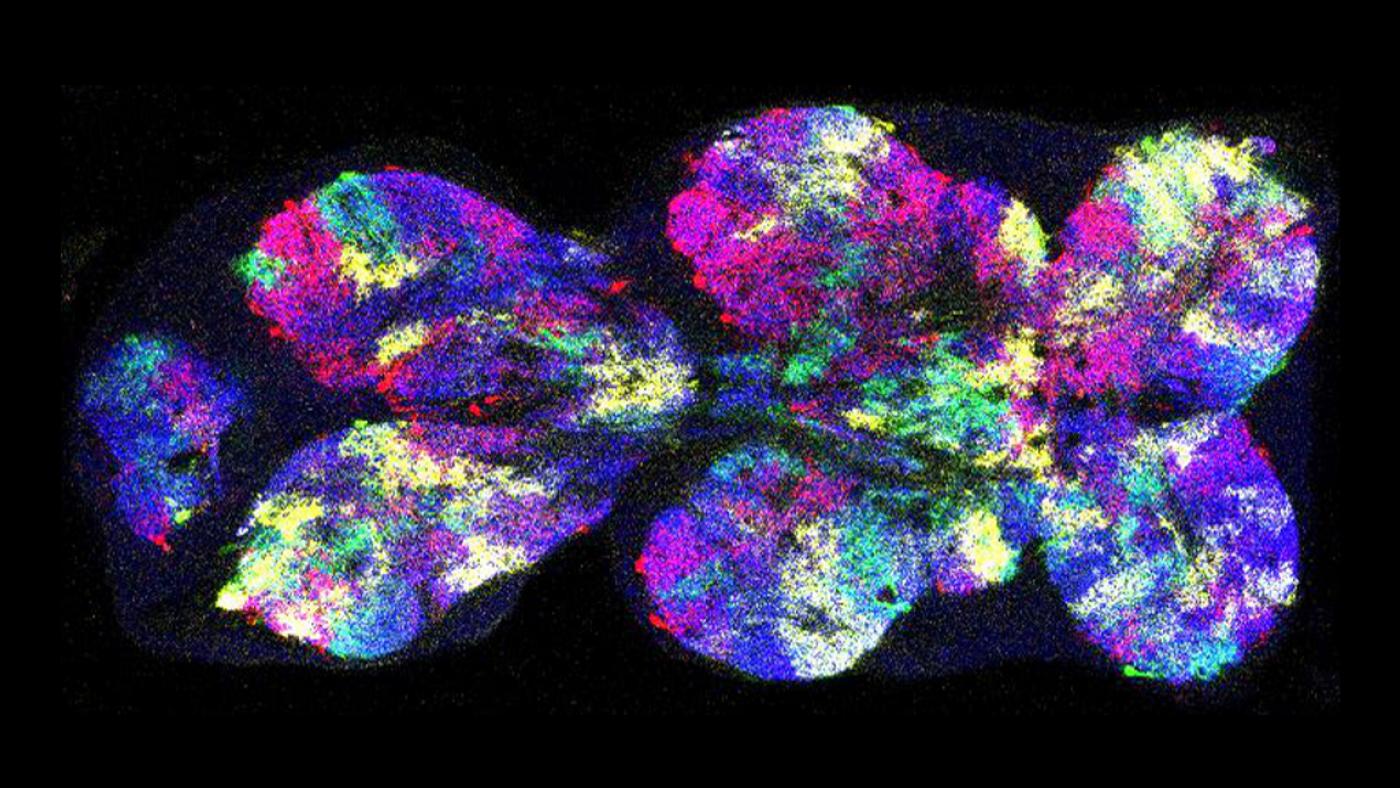12
February
A new optical imaging system developed at Columbia University may be able to predict response to chemotherapy as early as two weeks after beginning treatment.
Read More
01
February
A new study in mice suggests that a burst of dopamine levels at the beginning of a movement only, as opposed to all the time, is what gets us going. This may have important implications for treating Parkinson’s disease.
Read More
31
January
Neuroscientists at Columbia University Irving Medical Center and the University of California, San Francisco Columbia have found, in mice, that certain cells fire when the animal is anxious, triggering anxiety-related behaviors.
Read More
31
January
A team led by Columbia Engineering's Yuan Yang has developed a Li-ion battery shaped like the human spine that allows remarkable flexibility, high energy density, and stable voltage no matter how it is flexed or twisted.
Read More
30
January
New research led by Thomas M. Jessell, codirector of Columbia’s Mortimer B. Zuckerman Mind Brain Behavior Institute, has revealed how a small part of the brain singlehandedly steadies the body if it is thrown off balance.
Read More
25
January
Scientists at Columbia’s Zuckerman Institute have uncovered new insights into how stem cells transform into brain cells that control leg movements. The findings could shed light on how the human brain develops — and what happens when problems arise.
Read More
23
January
Many countries are making progress on improving water sanitation and protecting marine ecosystems. But air pollution continues as a leading health problem in many nations, and fisheries are deteriorating almost everywhere.
Read More

